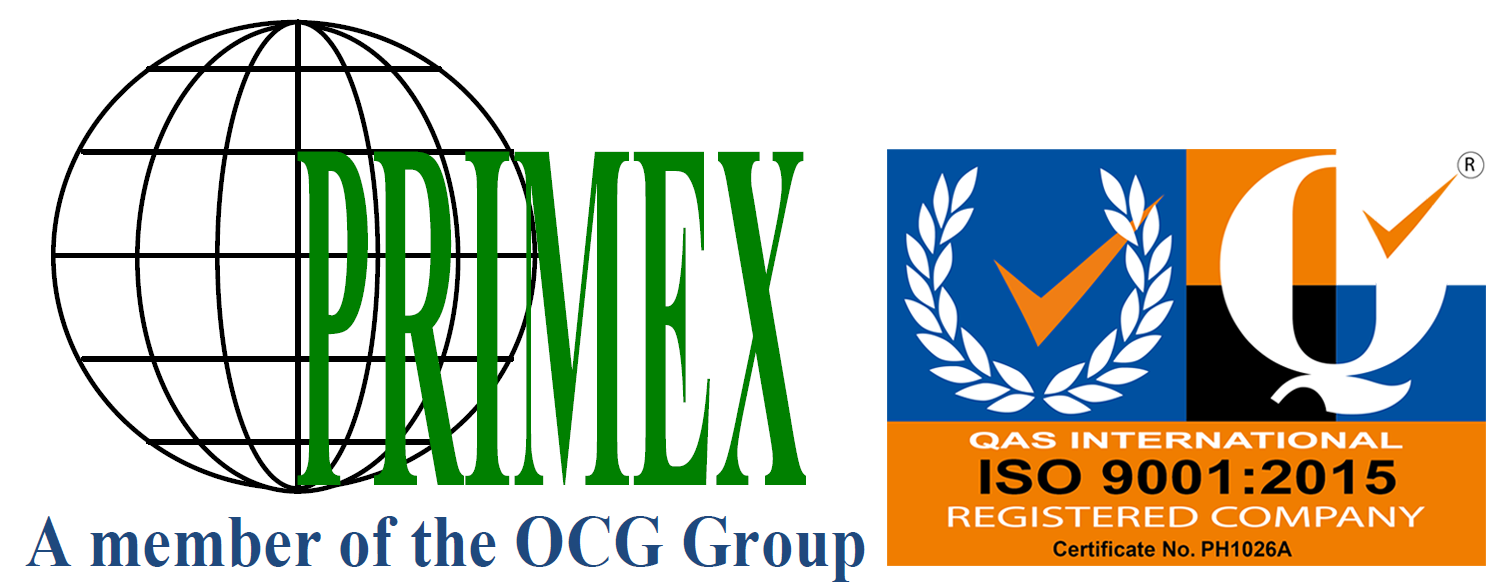Name of Client:
USAID Philippines
Country:
Philippines
Length of Consultancy Assignment:
Start Date: October 2012
Completion Date: June 2017
Detailed Narrative Description of Project:
The Eco-Fish Program sought to build and innovate on the Fisheries Improved for Sustainable Harvest (FISH) Project by reforming the fisheries sector through the application of the ecosystem approach to fisheries management (EAFM) in larger marine conservation areas and involving clusters of local governments to promote the growth and restore the profitability of fisheries through conservation of ecosystem health and effective management. The program selected eight marine key biodiversity areas (MKBAs) (Calamianes Group of Islands, Bolinao Peninsula, Ticao-San Bernardino Strait-Lagonoy Gulf, Danajon Reef, South Negros, Surigao del Sur and Norte, Sulu Archipelago, and Verde Island Passage) that have a high biodiversity or fisheries significance, high level of threat to sustainable use of marine and coastal resources, and willingness of local government and stakeholders to adopt ecosystem-based approaches to fisheries management. The program aimed to: (i) establish and implement a national training program improving the understanding of EAFM by local government units (LGUs) within the eight MKBAs; (ii) improve the governance capacity of National Government and LGU partners through targeted technical assistance; (iii) improve the management of municipal marine waters within the eight MKBAs; (iv) create public-private partnerships (PPP) within and beyond the eight targeted MKBAs; (v) develop baselines and apply metrics on coastal and marine resources and relevant socioeconomic information to monitor EAFM in the eight MKBAs; (vi) facilitate improved collaboration among from the National Government, LGUs, academic institutions, and private sector partners engaged in the various projects under the program; and (vii) assist program partners with data quality control, data collection standardization, and reporting.
PRIMEX provided the services of: (i) a Senior Governance and Institutional Development Specialist, who assisted the Bureau of Fisheries and Aquatic Resources (BFAR) in the national policy reform agenda and key policy initiatives in the fisheries sector by facilitating trainings, consultations and negotiations relating to governance and policy development, as well as in the design and implementation of training courses, including a training course on Ecosystem Approach to Fisheries Management (EAFM) adapted to the Philippines; and (ii) two site coordinators, who supported field activities in the MKBAs of Surigao del Sur and Surigao del Norte and Ticao-San Bernardino-Lagonoy Gulf. The two site coordinators: (i) developed and implemented site work plans and provided quarterly reports on the implementation of these work plans; (ii) assisted the Fisheries Management Specialist and the Monitoring and Evaluation (M&E) Specialist in data collection for the baseline assessment and special events monitoring activities; (iii) organized and facilitated workshops and training activities in the target/focal areas; (iv) assisted in planning, implementation, and monitoring of site-specific fisheries management interventions; (v) assisted in the establishment or strengthening of coastal law enforcement units and planning, implementing, and monitoring-related activities in coordination with Philippine National Police (PNP), PNP-Maritime, Philippine Coast Guard; (vi) collaborated with the Senior Policy Specialist in identifying priority policy issues affecting the implementation of coastal and fisheries management interventions; (vii) assisted the Socioeconomic Specialist in the identification and evaluation of fishermen’s associations to undergo organizational strengthening and livelihood training in collaboration with Barangay Fisheries and Aquatic Resources Management Councils (BFARMCs), LGUs, Department of Social Welfare and Development (DSWD), and local partner NGOs; and (viii) coordinated implementation of planned activities with BFAR, provincial and local government units (LGUs) in the MKBAs, as well as with other key government agencies such as the Department of Environment and Natural Resources (DENR), Department of Interior and Local Government (DILG), people’s organizations (POs), and local communities; and (ix) consulted other foreign institutions (e.g., GIZ, WINROCK, etc.) and government agencies (e.g., Philippine Coconut Authority) with related projects in the same sites for potential collaboration and convergence.
